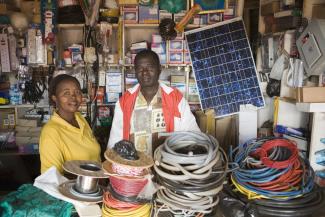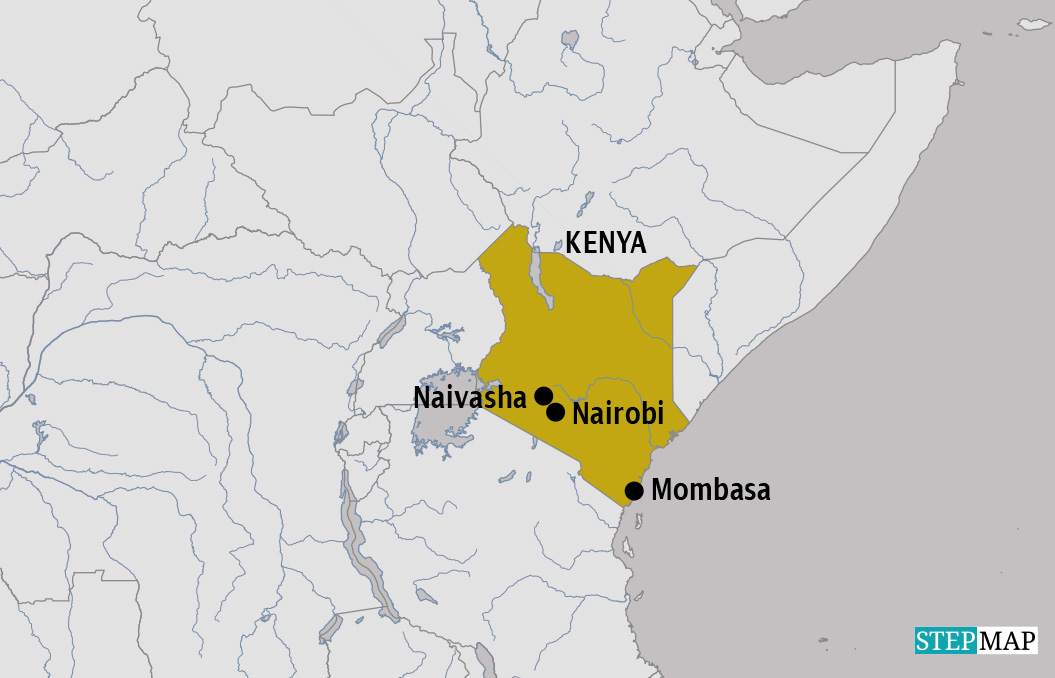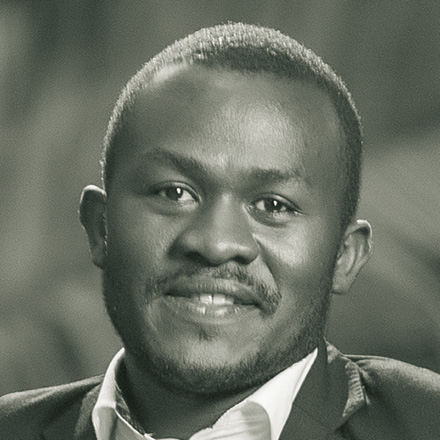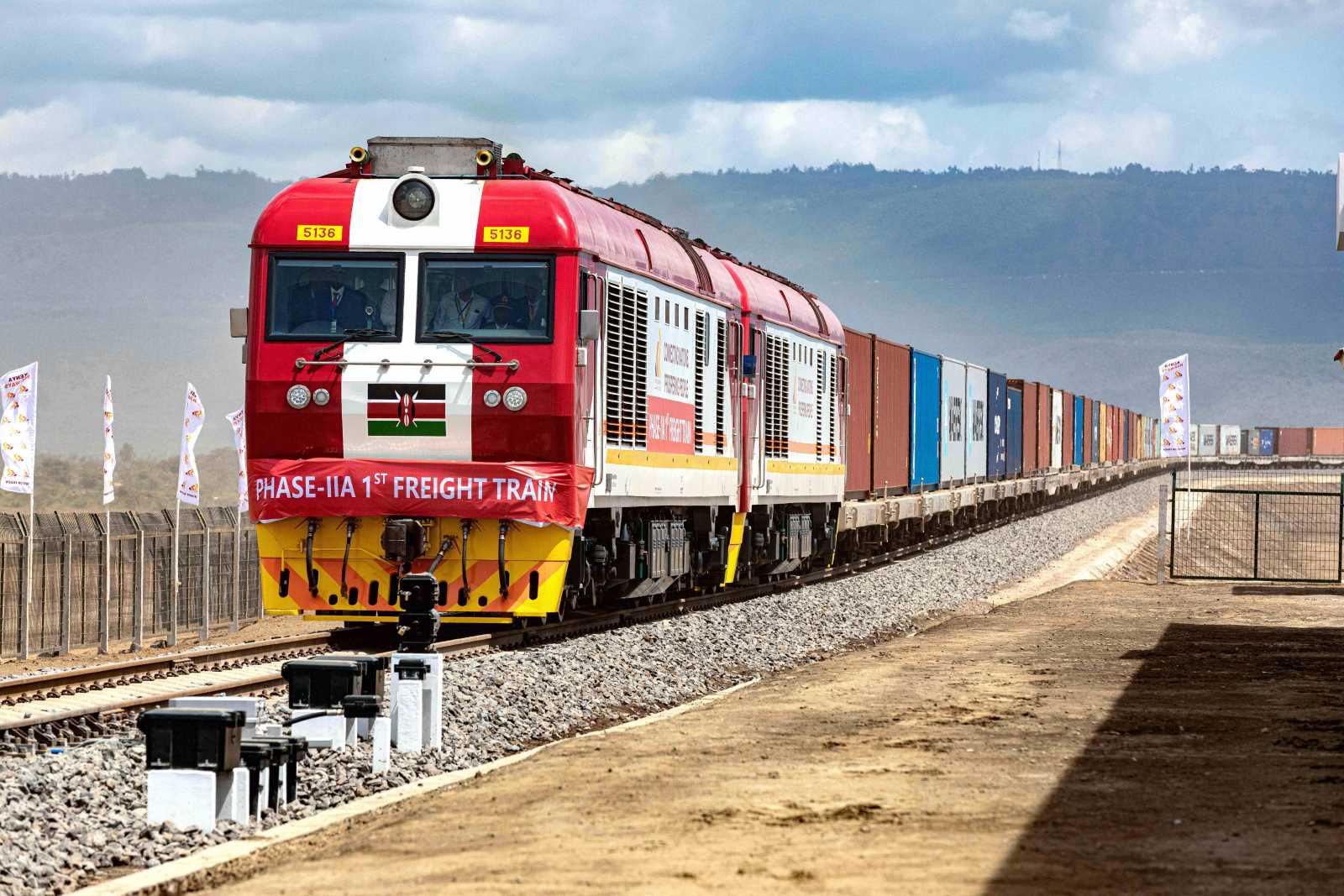African development
Continent of growth

Gerd Müller, the Federal Minister for Economic Cooperation and Development, says that Germany’s G20 presidency put Africa on the group’s agenda, but that it needs to be put on the global agenda. At a recent panel discussion on economic growth in Africa in Berlin, he asked for support across policy lines to create broad societal alliances between Europe and Africa. Müller condemned tax evasion and corruption and questioned how long it would take for African countries to “catch up” to European standards. The themes he mentioned for this “catching up” to happen were repeated by the other speakers throughout the conference: green climate plans, human rights, women empowerment, anti-corruption authorities and democracy.
Hermann Gröhe of the CDU/CSU parliamentary group in the Bundestag also names values from the Marshall Plan with Africa, initiated by the Federal Ministry for Economic Cooperation and Development to support a European-African economic partnership, including the abolition of child labour and access to education for women. The Marshall Plan, published in 2017, lays out a ten-point plan outlining guidelines and goals for Europe’s approach to African development. At the same time, the plan acknowledges the impracticality of applying a blanket solution across the entire continent of Africa, a point which Gröhe reiterates. He asserts that Germany’s approach to supporting African development is not “western neo-colonialism” because Africans want investment in their development. Gröhe argues that fair-trade regulations would prevent disproportionate European profits at the expense of African workers. He emphasises that Germany did not achieve a successful economy on its own, and that African countries cannot expect to do so either. Gröhe refers to Africa as “the continent of growth” and calls upon parliament to give African development a priority in German politics.
A small business owner interested in investing in Ghana criticises the lack of support for German businesses wishing to invest in Africa, pointing out that German business owners have to bear the burden of an uncertain market. Mmasekgoa Masire-Mwamba, the ambassador-designate of Botswana in Germany, asked the audience to consider the difficulty of breaking into the market as an African business if doing so for a German company with capital and resources is already a challenge. She stresses the importance of supporting African initiatives and businesses, and defends the high capital requirements for foreign companies entering into the African market as a means of supporting African businesses against an influx of European companies.
Erick Yong, CEO of the international investment firm GreenTec Capital Partners, echoes Masire-Mwamba’s views that African markets need to be protected from a takeover such as China’s. He points out that European and American methods of development are not working for Africa. Rather than looking from a solely financial perspective, those playing a role in Africa’s development should place themselves in the shoes of African entrepreneurs, he says. Yong’s company assesses small companies in Africa individually, offering them resources tailored to their needs. He says that almost every project has potential, and that success lies in the resources provided.
Link
Marshall Plan with Africa:
https://www.bmz.de/en/publications/type_of_publication/information_flyer/information_brochures/Materialie270_africa_marshallplan.pdf











